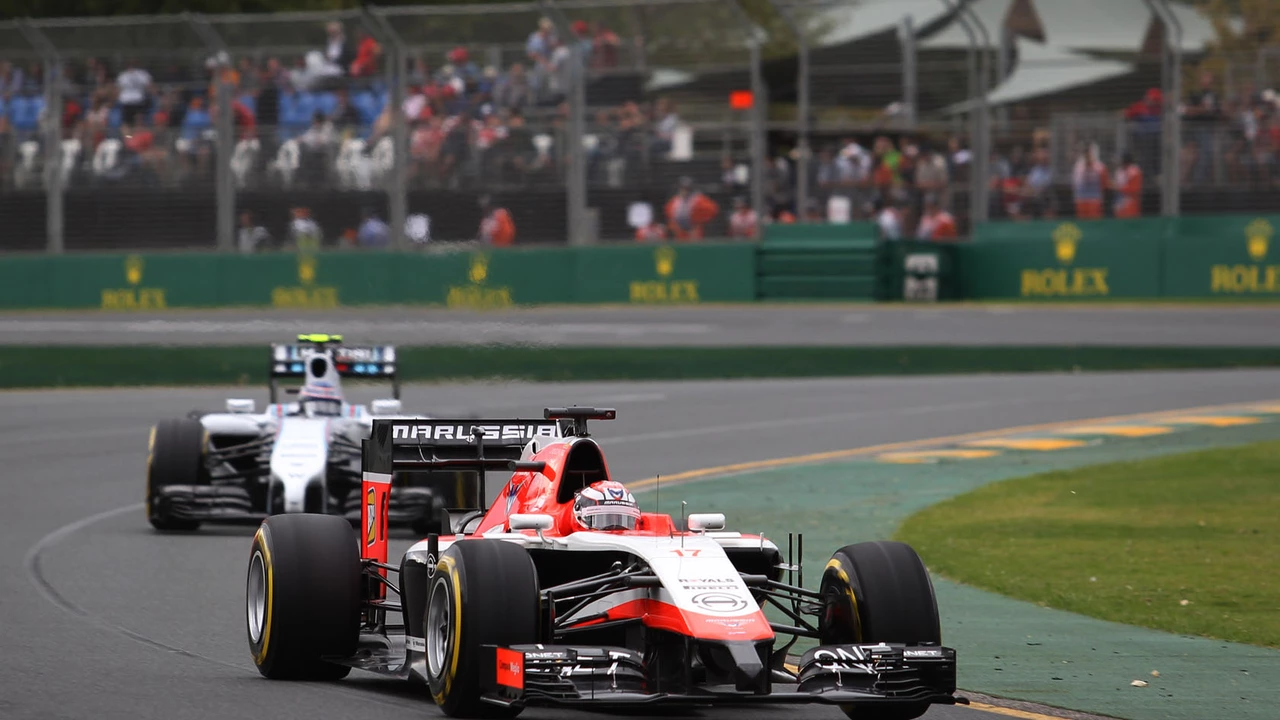Amateur Racing: How to Get Started and Keep Going
If you’ve ever dreamed of hearing an engine roar and feeling the G‑force in a corner, amateur racing is the first step. It’s not reserved for pros with deep pockets – it’s for anyone who loves speed, wants to learn, and is ready to put in the work. In this guide we break down what you need to know, from budgeting and gear to finding a local club.
What Exactly Is Amateur Racing?
Amateur racing covers any organized competition where the drivers aren’t full‑time professionals. Think club races, regional championships, and grassroots events. The cars can range from go‑karts and entry‑level formula cars to modified street cars. The key is that participants usually have day jobs and race on weekends.
Because the stakes are lower, the rules are often friendlier. You’ll find a lot of support from seasoned racers who remember their first lap. That community vibe makes it easier to ask questions, get feedback, and avoid beginner mistakes.
How Much Does It Cost?
Money is the biggest question for most newbies. A recent post on our site looked at the Indian market and estimated around 15‑20 lakh rupees (roughly £14‑£18k) to cover a basic car, training, and entry fees. In the UK or US the numbers shift, but the structure is similar: car purchase, safety gear, licensing, and race fees.
Start small. A used kart or a track‑day car can cost a few thousand pounds, and a racing license from the national governing body is usually under £200. Add helmets, suits, gloves, and you’re looking at a modest initial outlay. As you progress, you can upgrade components step by step rather than buying everything at once.
Training is another hidden cost. Many clubs run driver schools that teach car control, braking, and racecraft. This hands‑on learning can shave seconds off lap times faster than any book. If you’re worried about shoes, there’s a helpful discussion on why most drivers prefer soft‑soled shoes for better pedal feel – a simple tip that can boost performance without extra spend.
Don’t overlook travel and accommodation for race weekends. Some clubs arrange shared transport or offer discounted hotel rates for members. Always ask the organizer – you’ll often find ways to cut costs that aren’t advertised on the website.
Finally, keep an eye on insurance. Many amateur series require a specific motorsport policy. It might look pricey, but a claim without proper cover can ruin your hobby.
Finding Your First Race
Start by searching for local motorsport clubs. In the UK, the Motor Sports Association lists clubs by region. Join a few, attend a couple of track‑days, and talk to members. Most clubs have “rookie” nights where you can try out a car under supervision.
When you sign up for your first event, read the rulebook carefully. Look for categories that match your car’s performance – often there’s a “production” class for lightly modified street cars. This lets you compete without costly upgrades.
Don’t forget safety briefings. They cover everything from fire extinguisher placement to flag signals. Skipping them might save a minute, but it can cost you a whole race weekend.
After your first race, review the lap data and ask experienced drivers for feedback. Small adjustments – tire pressure, brake bias, or seat position – can make a massive difference. That’s why the community aspect is priceless; you get real‑world advice that no forum can fully replace.
Amateur racing isn’t just about speed; it’s about learning, improving, and having fun with people who share your passion. Whether you’re in India, the UK, or anywhere else, the steps are the same: budget wisely, train consistently, join a club, and hit the track.
Ready to take the wheel? Grab a helmet, sign up for a local club event, and let the learning curve be part of the thrill. The track is waiting – and so are the stories you’ll tell after each lap.

Is there a formula racing series the average joe can race in?
So, you're an average Joe like me and you've got this burning desire to get behind the wheel of a formula racing car, huh? Well, guess what, we're in luck! There are actually a few racing series that cater to us regular folks! Series like the Formula 2000 and the Sports Car Club of America's (SCCA) Formula Enterprises let you live that fast and furious life, without needing to be a millionaire or a Hollywood star. So, strap up your helmets, rev up those engines, and let's show the world that average Joes can tear up the racetrack too!